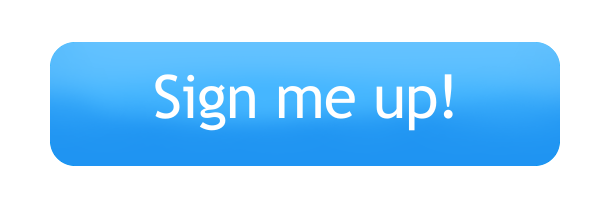This website uses cookies so that we can provide you with the best user experience possible. Cookie information is stored in your browser and performs functions such as recognising you when you return to our website and helping our team to understand which sections of the website you find most interesting and useful.
The Global Careers Fair will give you the opportunity to speak with top recruiters from around the world, and in order to sell them your skills and experience; you have to have the best possible resume. To help you pass the first resume screen, here are a few things you should be doing to make sure your resume stands out from the crowd.
Title – Your resume always needs a title! It is one of the most quickest and straightforward ways to catch the recruiter’s attention. The title could be your current job title, a summary of your expert knowledge or a connection towards the role you’re applying for.
Personal details – It may seem obvious, but every resume should include your name, address and contact details at the top. Your contact information says more about you than you think, so use a professional email address.
Personal statement – A critical aspect of creating an effective resume is writing a career summary. The recruiters want to know right at the beginning what you can do for them, and whether you would be a good fit for the role. The personal statement enables the recruiter to quickly identify the strategic value you can add to their organisation. It should only be a few lines where you summarise your skills, work background, achievements and career aims that match the profile the recruiter is looking for. Keep it between 50 to 200 words.
Professional experience
– Order your employment history with the most recent first.
– Provide more detail only on the relevant jobs you have had.
– Instead of a job description, write a profile that focuses on the benefits an employer would gain from hiring you, telling them your achievements and contributions on your previous jobs.
– Include any relevant temporary work, volunteering experience or sabbatical periods in order to avoid unexplained gaps in your employment history.
Achievements – Use active words when describing what you achieved in previous jobs such as “implemented”, “supervised”, “created”, “conceived”. Detail what you did to achieve your goal, giving examples and proofing with numbers. Your numbers will quantity your achievements.
Additional information – You can include other relevant skills, such as if you have a driving license or can speak any foreign languages.
Length – Resumes that go over two pages in length are never as strong as resumes that are no more than two pages long. In order to fit everything into your resume, you can free up space by omitting everything that does not support the central storyline of the resume and being brief less important details.
A focused resume demonstrates an ability to be concise, prioritise and synthesise your strongest achievements.
Tailor your resume to the job you’re applying for –It’s important to read the job description carefully and match your skills and experience to the requirements of the job. Recruiters will be looking for keywords, make sure you pack your resume full of the keywords present in the job description.
Keep it simple – Your digital CV should be in a simple format and font in order the readability is not affected on different screens. Use fonts that are easy to read on a screen, for example, Georgia is purposefully designed to be read on screens.
Proofread your CV – Even if you think your resume is fine, keep reading. A 2013 CareerBuilder survey found that 58% of resumes have typos. Recruiters interpret typos as a failure to care about quality. Use spell checking and grammar tools, but do not rely on them, ask also for a second opinion.
Keep your CV honest – There is a difference between selling yourself and inventing things! You must put your skills and experience in the best light, but never be tempted to invent. Don’t forget you might be asked for more information about them at the interview stage.
Put modesty aside and show self-confidence, the only purpose of a resume is to get you to the job interview!


